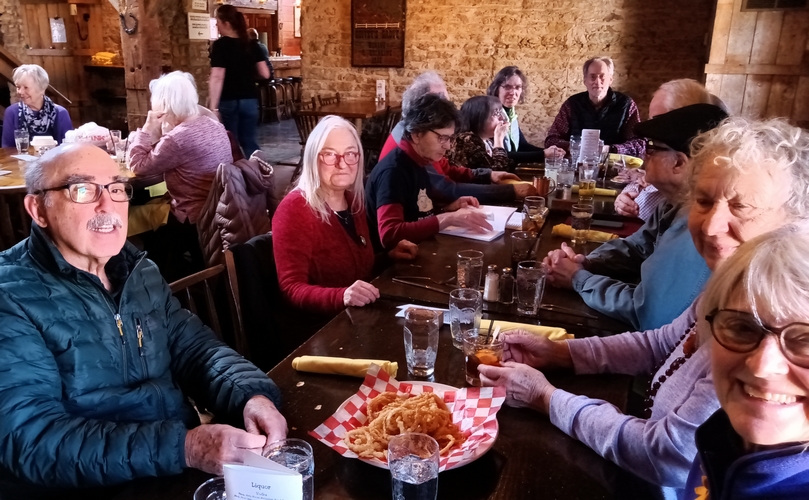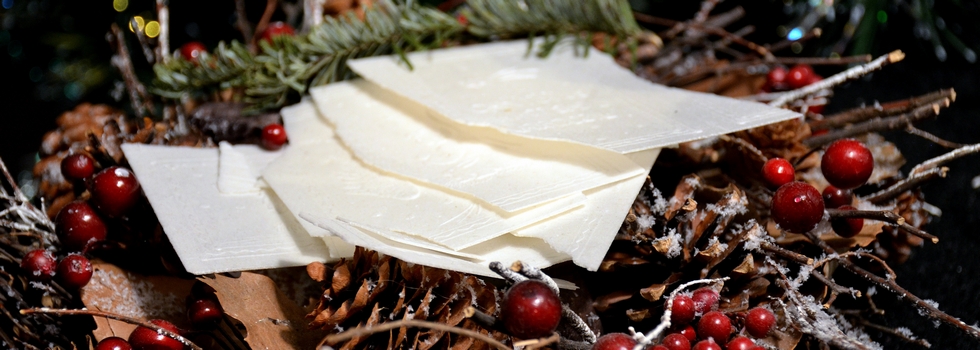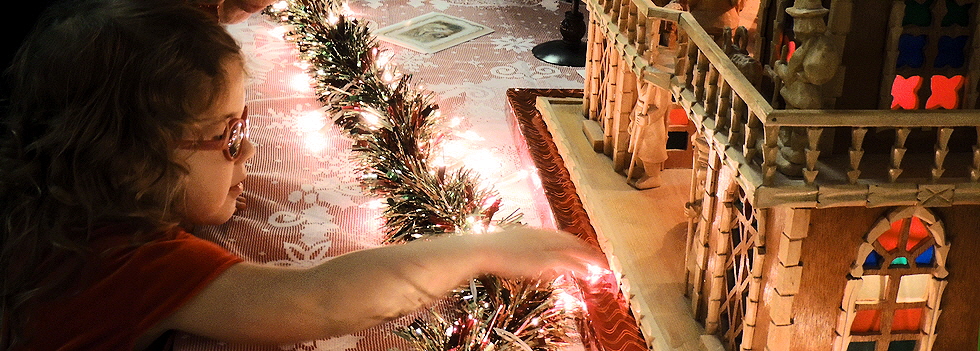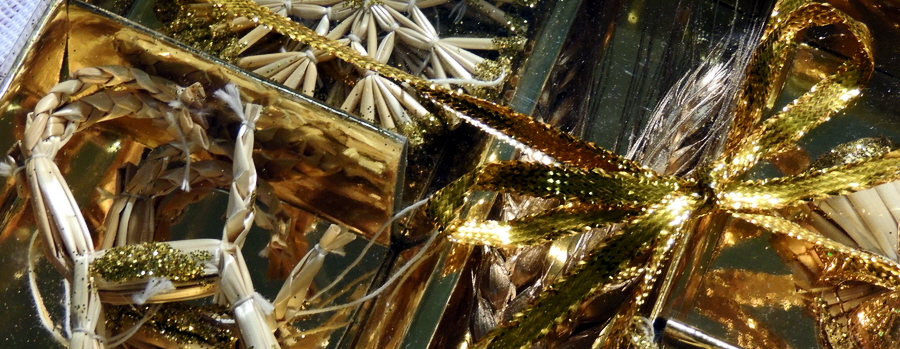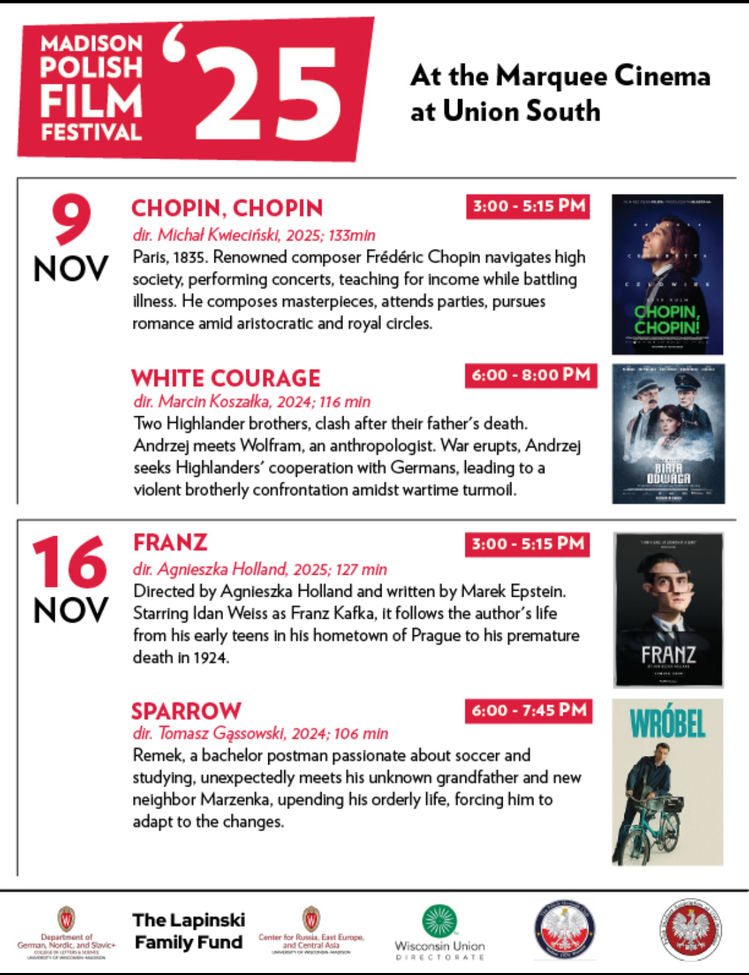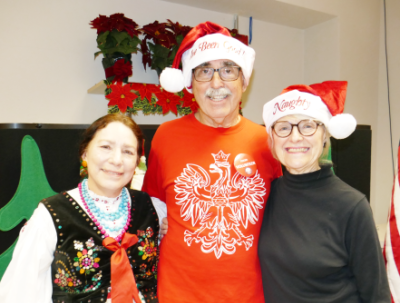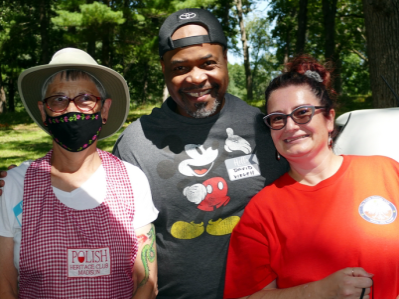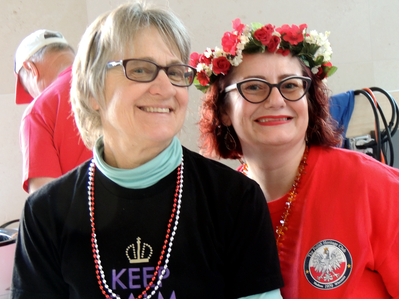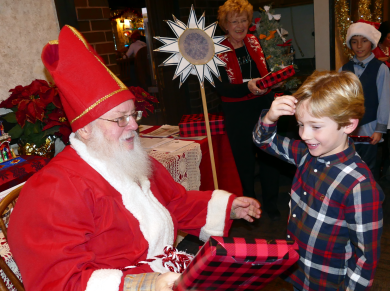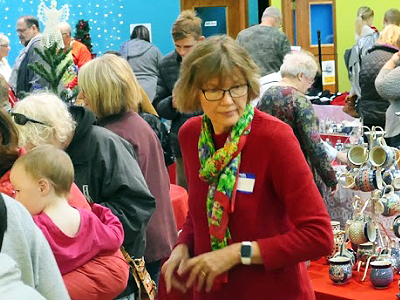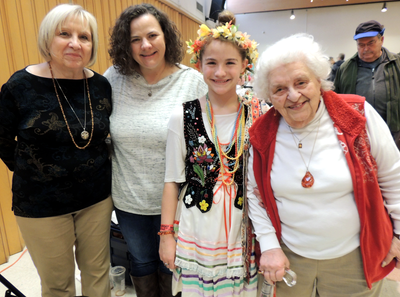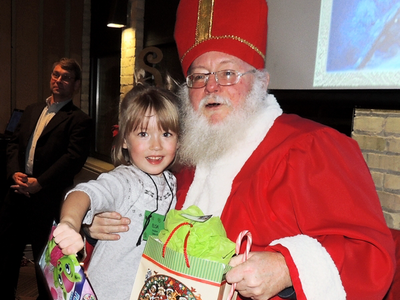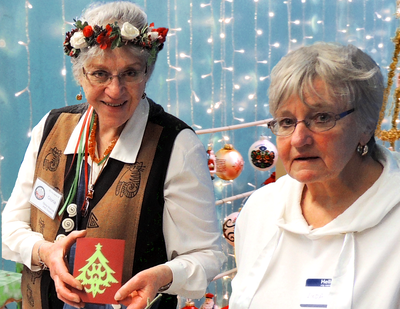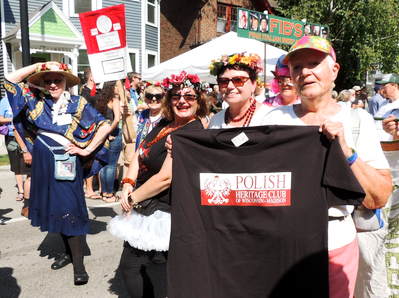author: IRENA FRACZEK
author: IRENA FRACZEK
Great events in November and December...
Scroll down and/or check our calendar for details
December 7, 2025 (4:00 pm - 8:00 pm)
POLISH WIGILIA
Bring your friends and family to the traditional Polish Christmas Supper, to share opłatek (Christmas wafer), exchange Christmas wishes, enjoy a 12 course supper, and visit with Święty Mikołaj (St. Nicolas).
Reservations and payments
are due on November 28, 2025
click here for the registration form
Breakwater, 6308 Inland Way, Monona, WI 53713
Recent activites of our club:
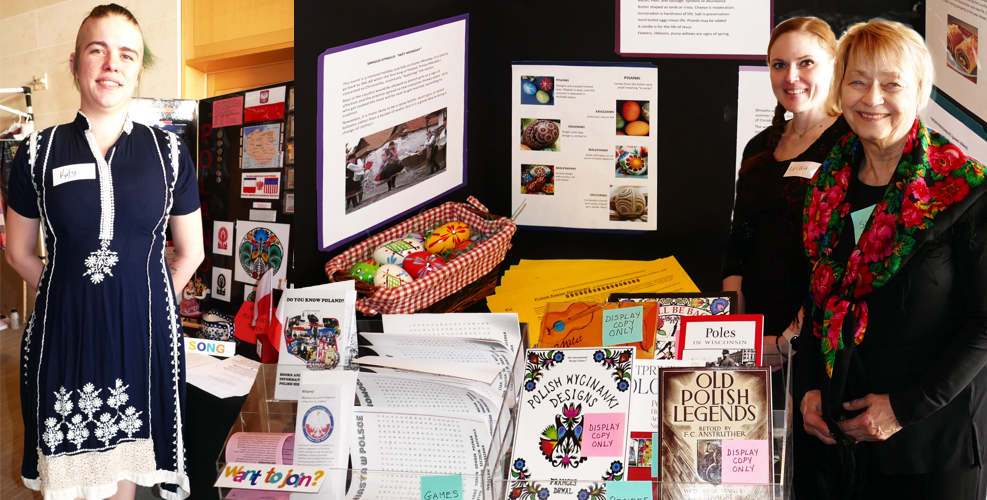
The PHC booth at the International Festival on March 8, 2025.
For the second time in the row, Sue Janczak (first on the right) organizes our display at the festival held annually at the Madison's Overture Center for the Arts.
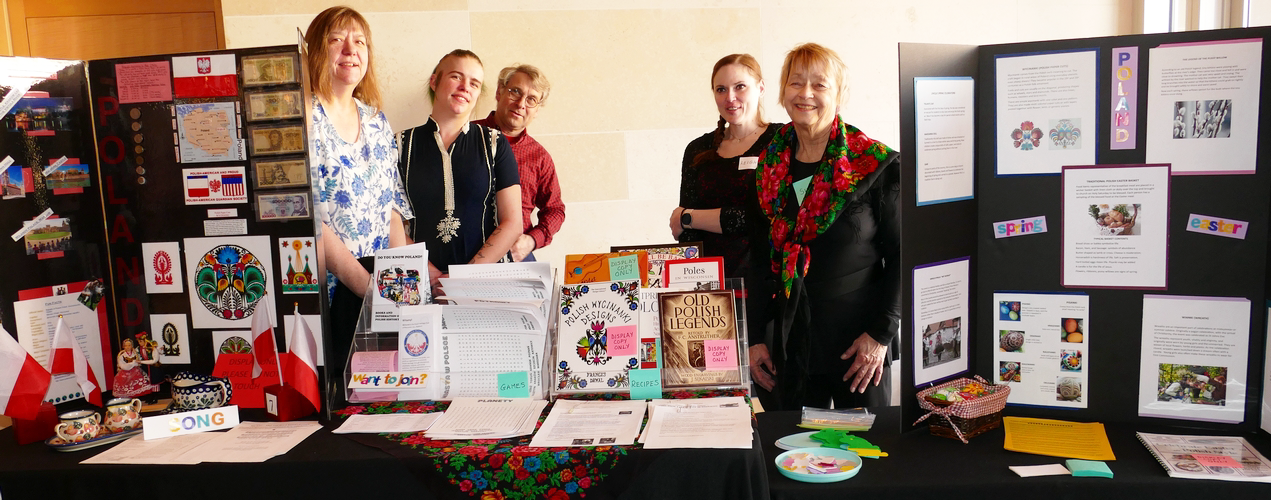

Allan Patek, the president of the Polish Heritage Club of Madison, gives a brief
history of the Polish pączki tradition on Fat Tuesday, March 4, 2025 .

The PHC members have fun at the Winter Fish Fry Friday on February 28, 2025.
For years now, Jane Dunn (first to the right) always remembers to assemble a group ready to enjoy this beloved Wisconsin tradition several times a year .
